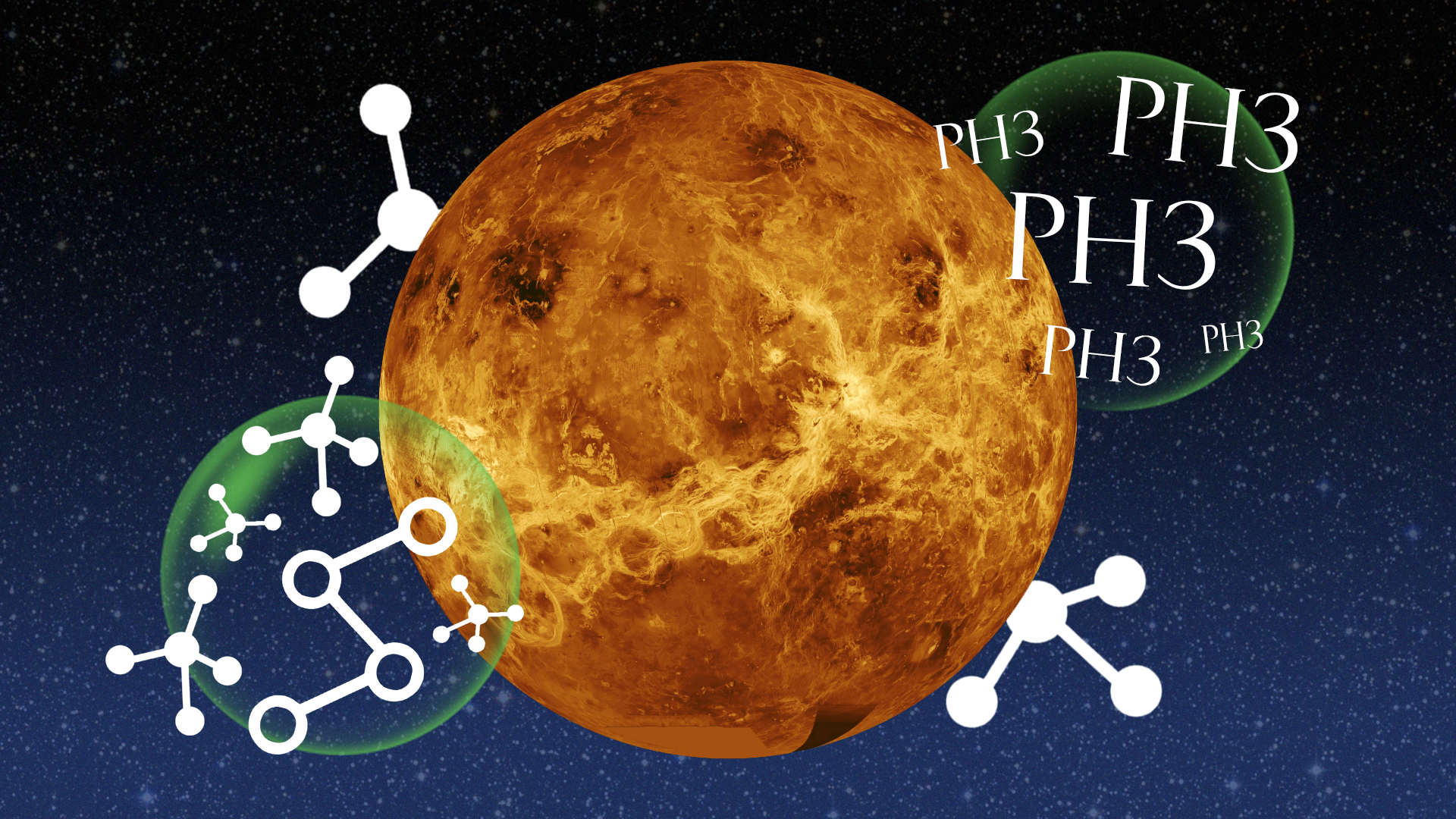NASA is set to investigate a recent discovery showing possible signs of microbial life in the clouds of Venus.
Researchers have discovered the presence of a rare and toxic gas called phosphine floating around the atmosphere of Venus. Known to biologists as one of the strongest indicators – or ‘biosignatures’ – of microbial life, this breakthrough suggests we may have found the first signs of life beyond Earth… and not too far beyond either.
The closest of our planetary neighbours is dubbed the ‘Hell Planet’ for a reason. Temperatures on Venus’ surface are known to exceed 470 degrees, pressures of 9.3 MPa would be high enough to crush any human visitor instantly, and droplets of sulfuric acid way off the PH scale coat the planet in a noxious fog. However, it’s within a temperate cloud 53km above ground ranging between 20 and 37 degrees that the molecule phosphine has been found.
On Earth, this unstable gas can be located in swamps and marshlands where it is thought to be produced by harmful microbes and is distinguishable by its lingering odor of garlic and dead fish. Outside of its core habitat, phosphine is also found in certain animal droppings and can even be manufactured artificially to create biological weapons. In the main though, it is natural biproduct left behind by the breakdown of organic matter, and crucially was thought to be synonymous with Earth alone.
"It's time to prioritize Venus."
We can certainly get behind that. https://t.co/LSaPoyhUn0
— Planetary Society (@exploreplanets) September 15, 2020
The sample swirling within the Venusian clouds was comparable to a ‘few tablespoons in an Olympic sized swimming pool’ according to David Clements, an astrophysicist at the Imperial College of London and part of the team that made the almighty discovery.




















